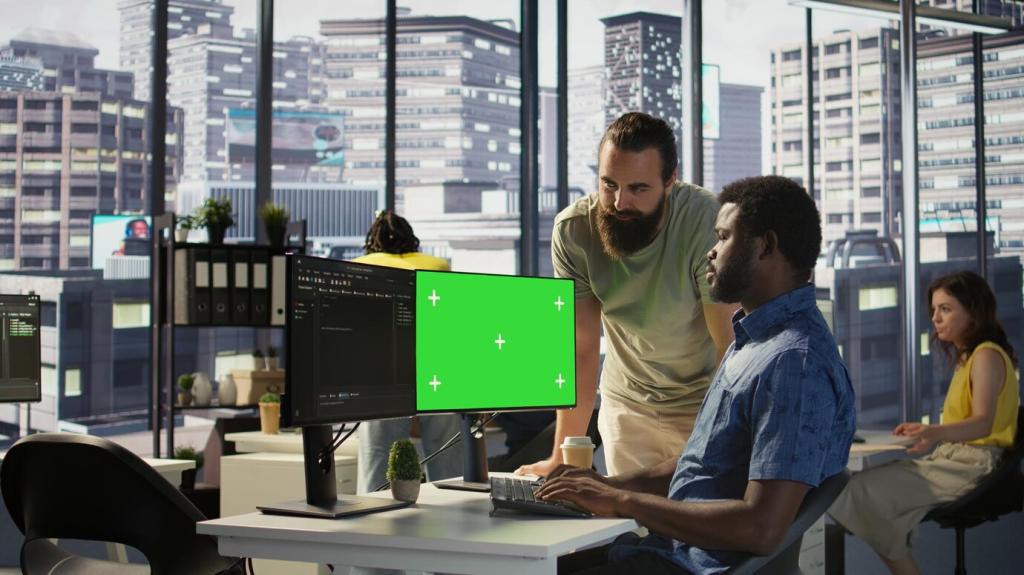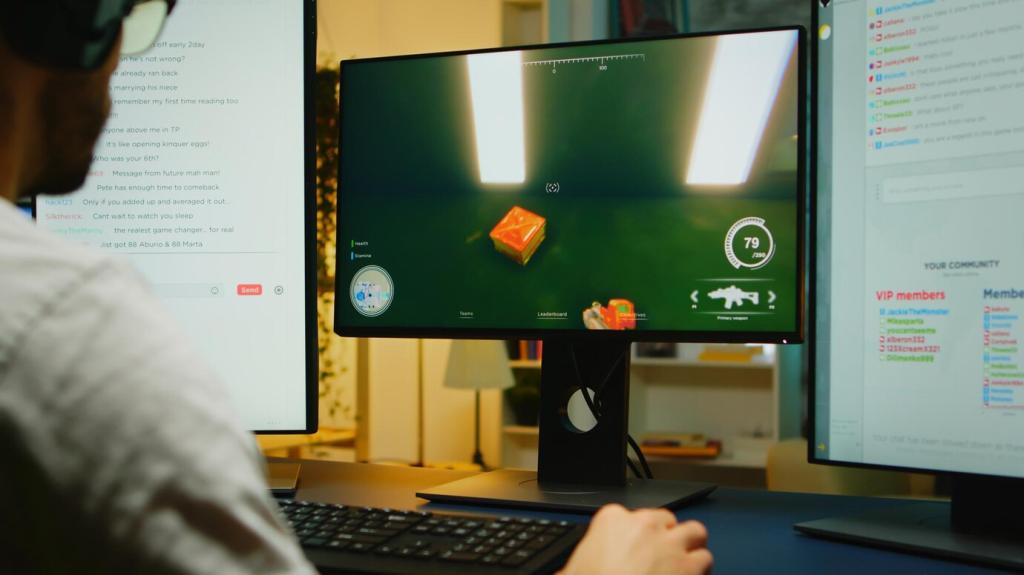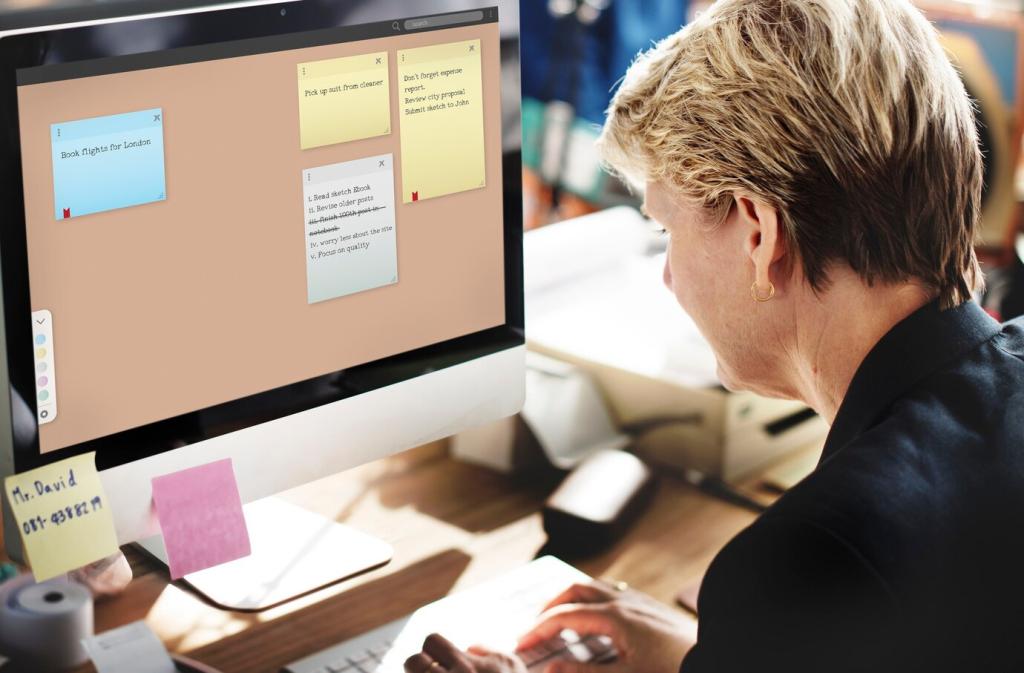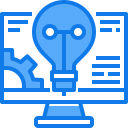
Navigating the Open-Source Community
The open-source community thrives on collaboration, transparency, and shared innovation. Whether you’re a seasoned developer or an enthusiastic beginner, understanding how to participate and contribute effectively can have a meaningful impact on both your personal growth and open-source projects worldwide. This page guides you through the essentials of navigating the open-source community, offering insights into its culture, participation methods, best practices, and tips for making the most of your journey.

The Principles of Openness
At the core of open-source lies the principle that knowledge, resources, and tools should be freely accessible to all. This ethos encourages users to experiment, adapt, and improve upon existing work, accelerating innovation across the globe. The concept of openness also extends to active communication, where exchanging feedback and learning from one another are highly valued. As contributors share their expertise and newcomers gain opportunities, the open-source world becomes a living ecosystem of growth and discovery—a collaborative space free from barriers to entry.

Community Etiquette and Collaboration
Effective collaboration in open-source relies on respectful interactions and adherence to established guidelines. Community members are encouraged to maintain respectful communication, provide constructive feedback, and understand the importance of consensus-building. Most projects implement codes of conduct to promote positive engagement and diversity of thought. Navigating conflicts or differing opinions with maturity and politeness fosters productive outcomes and healthier collaborations. Demonstrating humility and patience not only improves your reputation but also strengthens the community’s foundation for inclusive growth.

Celebrating Diversity and Inclusion
Diversity and inclusion are foundational values within the open-source domain. The community actively encourages contributions from individuals of varying backgrounds, technical abilities, and experiences. This blend of perspectives fuels innovation, bringing forth solutions that might not emerge from homogenous groups. Initiatives that support newcomers, mentorship programs, and accessible documentation help ensure that participation in open-source is achievable for everyone. Recognizing and celebrating diverse achievements further encourages engagement and propels the community toward greater creativity and resilience.
Getting Involved in Open Source
Selecting a project that aligns with your interests and skill level is crucial for a fulfilling open-source experience. Some contributors prefer to start with projects they already use, while others seek out communities known for their welcoming spirit and robust documentation. Analyzing a project’s activity level, openness to newcomers, and mentorship opportunities can help you gauge whether it’s the right fit. As you become familiar with the workflow and community culture, you’ll gain confidence and a sense of belonging that enhances your overall journey.
Communicating Clearly
Clear and respectful communication is essential for successful collaboration in open-source projects. Whether discussing an idea, requesting assistance, or submitting a code review, expressing your thoughts concisely and with patience ensures your message is understood. Active listening and openness to alternative viewpoints foster a collaborative atmosphere where diverse opinions can thrive. Utilizing designated communication channels such as forums, chat rooms, and mailing lists further enhances transparency and trust within the community.
Writing Quality Code and Documentation
Submitting well-structured code and comprehensive documentation demonstrates professionalism and consideration for your peers. Following established coding standards, providing thoughtful comments, and ensuring thorough documentation help maintain project quality and make contributions accessible to future collaborators. Quality documentation lowers the learning curve for new contributors and users alike, amplifying your impact. By regularly testing your work and seeking thorough code reviews, you help preserve the reliability and success of open-source projects.
Handling Feedback and Iteration
Receiving feedback—positive or critical—is an inevitable part of open-source contribution. Embracing feedback as a tool for growth creates opportunities for self-improvement and deeper learning. Responding graciously, asking clarifying questions, and being open to suggestions reflect maturity and dedication. Iterative development, where you refine contributions based on feedback, not only elevates the quality of the project but also strengthens relationships within the community. Valuing this continuous loop of improvement is fundamental to thriving in open source.
